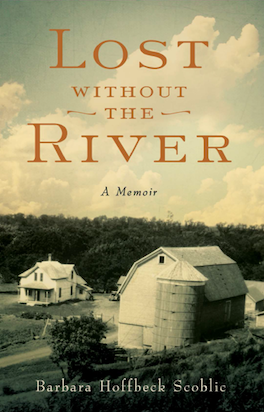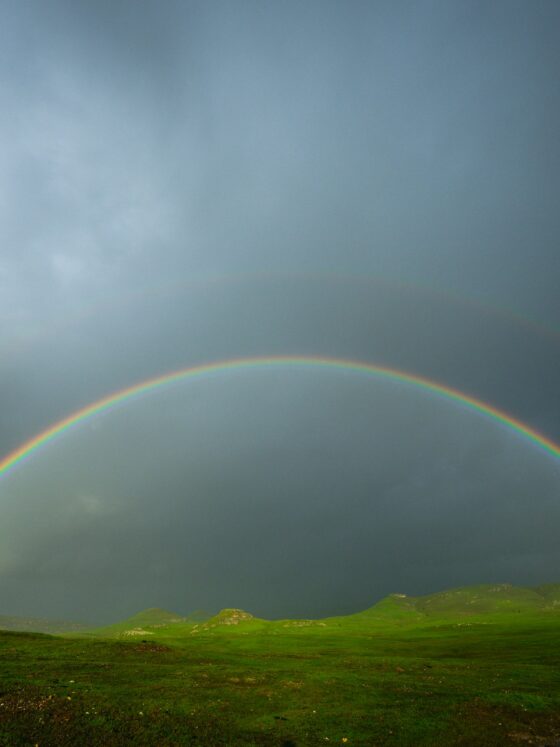
Wade Stevenson was born in New York City in 1945 and his first book Beds (McCall Publishing Co., 1970) was a poetry best seller. Other books followed, including The Little Book of He and She, The Color Symphonies, the award-winning Flutes and Tomatoes, Moon Talk, the memoir One Time in Paris, and the novel The Electric Affinities.
There is a lot of meaning in the title. It’s not “one” absence, it’s The Absence. It’s a particular, well-defined, absolute “Absence.” It’s an “Absence” that everyone has experienced in their lives, because life and love always involve an absence, a sudden departure, a going away. In the same way, it’s not just any loved, it is “The Loved.” The “Loved” could be a woman or a man. It could even be a Goddess or God.
Departure, especially, an unanticipated one, always creates a terrible void, a space left behind, an absence that cries out to be filled. That’s how this book was born. That’s why poetry exists. The Absence Of The Loved ripened slowly over many years. I started it when I was living in Paris in 1969. It took all that time to find the exact words to fill up the space of a departure.
Of course they are linked. The common thread is love, loss, sex, absence/presence, death/life. These are universal themes but I’ve treated them differently in all my books. What changes is the language, the degree of intensity. The Little Book of He and She is more graphic in its representation of Eros. Flutes and Tomatoes is a haunting, simple story about how a young man uses the metaphor of a flute and a tomato to transcend a tragic loss. If you were to read them all, you would see they are all steps in a ladder leading up to the summit of The Absence Of The Loved.
My first memoir One Time in Paris (IUniverse, 2008) was a straight literary memoir. There were no poems. It’s a great coming-of-age story that takes place in Paris in the turbulent 1960s. Dear You (BlazeVOX, 2015) is dramatic love letter addressed to one woman. I thought it might be helpful to the reader to have an accompanying text to “situate” it. The poems came first, the “memoir” later.
A new book is a giving birth, it’s always a new adventure. My other books didn’t help at all. Or rather, they helped in the sense that they gave me the courage to take what was a difficult experience and to try to turn it into a transcendent one. I wanted the book to have a certain edgy tone to it so I used some popular language. I think the result is a very readable book, it has a nice progression, many gradations of thought, feeling, language, etc. It’s a different kind of poetry book.
It was instinctive, like breathing in and out. It just happened. I was seven or eight years old. I taught myself to type on a Smith Corona. Writing and reading were my passions. I don’t control my writing, to a large degree it controls me. I let it happen. That also requires some courage. It requires precisely the courage to “let it happen.” The interesting question is: what is “it?” It’s interesting how I myself found out a lot about love in writing The Absence Of The Loved. And I’ve also learned new things from reader’s reactions to my book.
I’ve always been fascinated by the idea of absence and presence, plenitude and the void, negative and positive space. My book taught me this: there is really no such thing as absence, because absence, to the degree you are conscious of it, is in a state of continually becoming presence. I learned that the absence of the loved does not mean the death of the loved — it is actually the rebirth of the loved, the continuity of a presence, on a higher, more spiritual, level. To bring the loved one back by an act of remembrance is ultimately a victory over solitude.
I would say my style is romantic. Perhaps you could call it lyrical. I use metaphors a lot. I like plays on words, on sounds. I design the poems to be spoken as well as read. I try to make each poem have an impact, tell an individual story. I would hope the reader would react to it in the same way, if a dentist touched a nerve, he would say “ouch.” Each poem has to convey an emotion.
I loved A Child’s Garden of Verse by Robert Louis Stevenson. It flattered my young imagination to think I was related to the great Scottish author. I always wanted to write like myself but it took me a really long time to find out how to do that.
I have rooms full of books, so many I wouldn’t know where to begin. My wife is always telling me I have too many. But I would never get rid of even one of my books. To me they’re almost sacred objects. I love the feel of them, the touch, the binding, the print, the paper, everything. I often wander in my library at night and just touch the spines, remembering the ones that gave me special pleasure or insight. I read Remembrance of Things Past in the C. Scott Moncrieff Modern Library version when I was eighteen. Now I read it again in the original French. I read Joyce for his linguistic mastery. I read Dante’s La Vita Nuova in the original Italian. I read Hymns to the Night by Novalis, the great German romantic poet, in the original German. Goethe was also an influence, and of course all the French poets who were friends of Picasso, especially Paul Eluard.
I’m a very eclectic reader. Right now I’m reading a marvelous book about birds, The Birds of Pandemonium, as well as a book about the physics of time, and I’m rereading Tolstoy, The Kreutzer Sonata.
Spiritual books were important to me, I met Allan Watts in Paris and had great conversations with him and have all his books. The Tibetan Book of the Dead was important, the Bhagavad-Gita, Zen and the Art of Archery, etc.
If you are lucky enough to have that “inner voice,” you have to remain faithful to it at all costs. Have the courage to let it express itself. Wonderful writing may result.







1 comment
Great interview, Sandy! I, too, think books are sacred objects, Wade. :0)
Comments are closed.